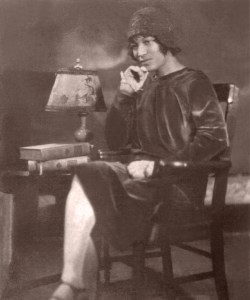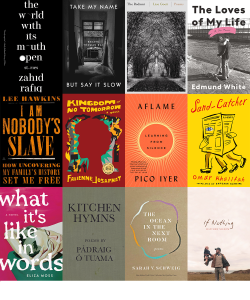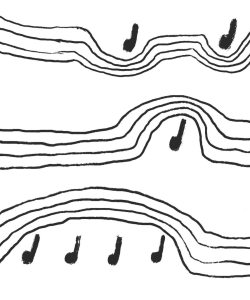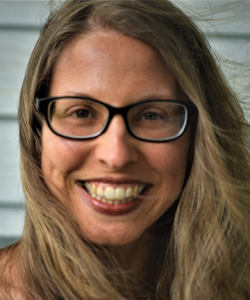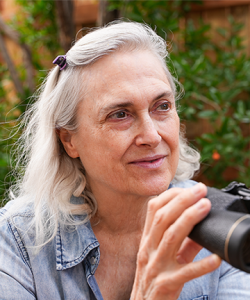A Library Grows in Norway

A century-long art project that pledges a grove of spruces in Norway to print one hundred sealed manuscripts, the Future Library is a source of optimism in the looming climate crisis that we can still build a future full of stories.






